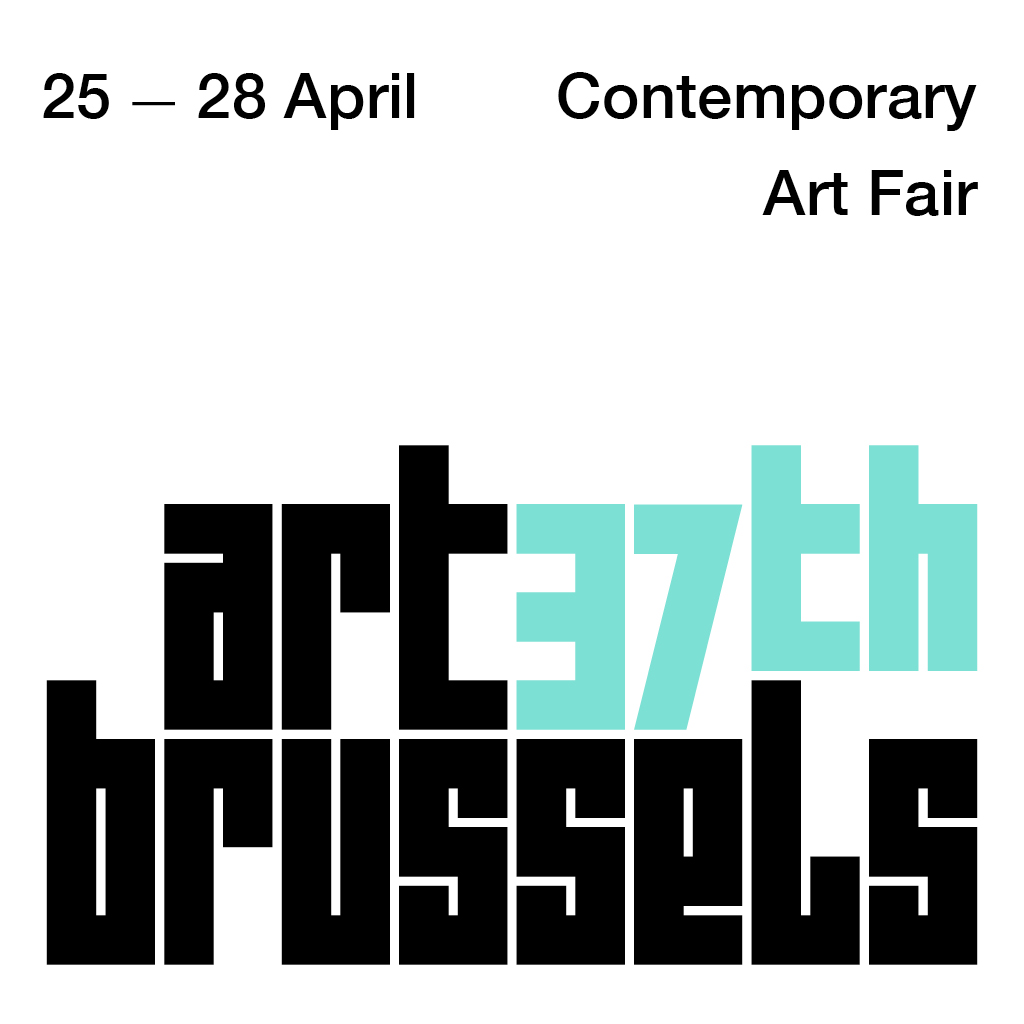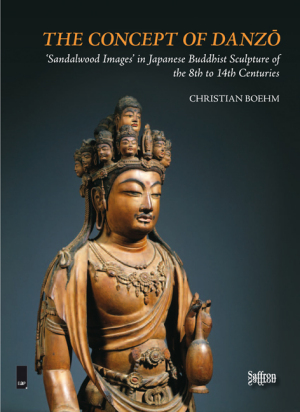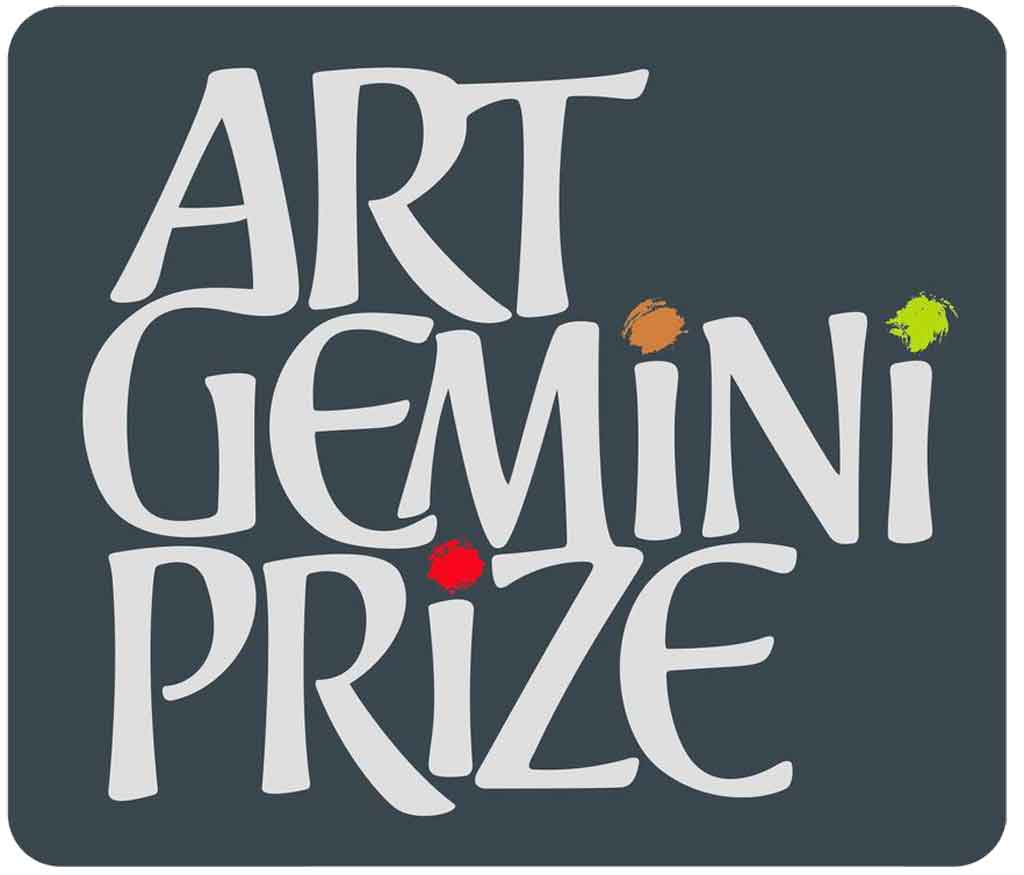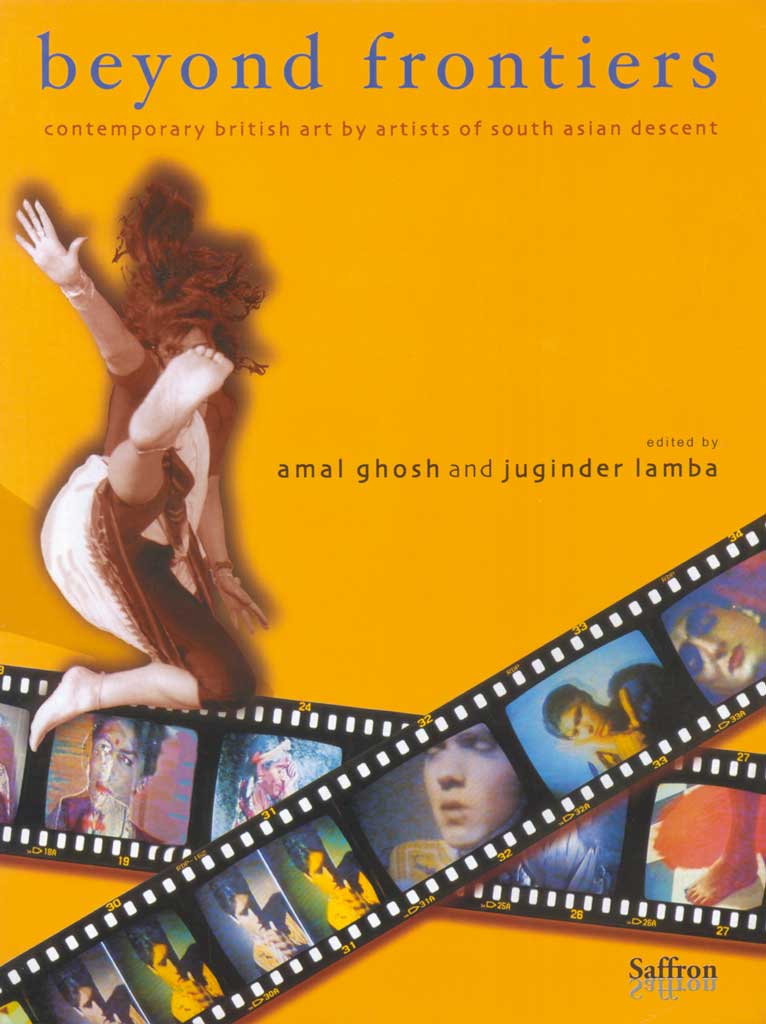Forum: Connecting Flights: new cultures of the diaspora
The conference, Connecting Flights: new cultures of the diaspora, 7-8 November 2003, was an ambitious project developed by the Arts Council of England, the British Council and the London Arts Board to enquire into and reflect upon the nature and role of the arts in a global society by exploring the cultural opportunities and dilemmas posed by the unprecedented flows of people, goods and ideas across the boundaries of nation states, writes DIANA YEH. [Published in Eastern Art Report print edition, under Forum].
The venture involved the initiation of a series of artistic collaborations in and between the cities of New York, Johannesburg, Delhi and London and culminated in a two-day conference, held at the British Library in November last year.
Conceived to engender and engage critically in new and democratic ways of thinking and acting across borders, the conference itself was appropriately elastic, shifting in register, medium and format in its mixture of formal presentations and panel responses, project screenings, group workshops and evening events (a performance of Logic of the Birds at the Union Chapel and the Back Home reading at the ICA). Multidisciplinary and international in scope, it brought together cultural workers from different countries (albeit with a bias reflecting its focus on the four metropolitan centres) and a range of disciplines, from the visual arts, film, literature, dance and architecture to journalism, academia, art administration and policy-making.
Over the two days, the metaphor of “connecting flights” was stretched to generate, encompass and off set multiple meanings, perspectives and discourses that signalled a diversity in the interests and experiences of participants. Despite this, however, debate never descended into chaotic babble or solipsistic rhetoric. As conference chair, James Early, director of cultural heritage policy at the Smithsonian Institution, Washington, helped to keep discussions on track with his slick navigation and summations of the issues raised. Crucially, however, connections arose spontaneously in overlapping themes and concerns that cropped up repeatedly throughout the two days.
Central to the debate was the context of globalisation and the tension generated by its mixed cultural effects. Against the homogenising impulse of globalisation from “above” driven by international conglomerates, the mass movements of populations in voluntary or enforced migrations and the circulation of information and ideas enabled by new technologies in globalisation from “below”, to quote Stuart Hall’s distinction, are giving rise to new forms of creativity and opening up opportunities for transnational cultural interaction, dialogue and identification.
Peter Hewitt, chief executive of the Arts Council, began the conference with an upbeat assessment of these possibilities. In the first keynote speech, however, filmmaker Shekhar Kapur highlighted the insidious aspects of globalisation, focusing on the power of the western-dominated global mass media to impose a standardised worldview or culture and suppress political diversity and individual creativity, for the sake of commercial profit. Pointing to the success of recent independent films such as My Big Fat Greek Wedding and Bend it Like Beckham, however − both made in and about diasporas − he argued that consumers are fighting back and demanding cultural expressions that remain relevant to local and/or national interests. Hopeful of a decline in the supremacy of present conglomerates, Kapur predicted a dramatic rise of the Asian markets over the next decade that might alter the face of the global cultural landscape.
Stuart Hall, currently emeritus professor of Goldsmiths College, was less convinced of any imminent weakening of the global corporations. Following a characteristically lucid analysis of the current context of globalisation for art-making, which he declared marked an “epochal shift”, he advocated a “vernacular cosmopolitanism” which seeks to remain connected to local roots of life and culture while speaking and moving across boundaries in order “to engage difference without being overwhelmed by it”. To clarify this concept, he warned against a “regressive traditionalism” that defensively resists globalisation, thereby encouraging stasis rather than protecting indigenous or traditional cultures, and a “utopian cosmopolitanism” that celebrates globalisation without acknowledging the risk of eroding traditional and historical sources of culture or the gross inequalities in the distribution of power and resources.
Similar concerns surfaced throughout the conference. Speaking with reference to representations of Ireland and Irishness in the film industry, Dr Maurna Crozier, adviser on cultural diversity to the Northern Ireland Department of Culture, Arts and Leisure, argued that a lack of connection between diasporas and their homeland often leads to a perpetuation of stereotypes and inhibits the redefinition of cultural identity.
In the second day’s keynote speech, artist and curator Erika Tan discussed her complex positioning as a visual artist born in Singapore and currently practising in Britain, revealing a frustration with the utopian nature of much discourse surrounding globalisation. Her experiences suggest that, despite the incessant flow of new terminology such as “diversity” and “diaspora”, which merely become conflated with race or culture, the conditions of our supposedly borderless world have yet to engender any real changes in our understanding of identities. Commenting on the habitual deferment to artists’ origins in interpretations of works, curatorial paradigms and funding structures, her talk suggested that the dilemmas facing “visible minority” practitioners exist as much today as ever.
Andrew Missingham, artistic director of the Hub UK responded by proposing to expand the term “diaspora” to include white communities as a way of avoiding its conflation with race, a suggestion that required – and received – qualification from architect Lesley Lokko and journalist Yasmin Alibhai Brown. Both emphasised questions of power and race, which, they argued, are often glossed over in celebratory discourses of diversity and anodyne or exoticised presentations of difference.
Other contributions to the debate focusing on the shift from a multicultural to a global society were made by artist and commentator Chitra Sundaram, Danny Miller, lecturer in anthropology at University College London, architect Anthony Fontenot and Keith Khan, artistic director of Motiroti, whose presentation offered a chance to view his group’s exciting work. Discussions on “future moves” were provided by Lola Young as head of culture at the Greater London Authority; journalist Gary Younge and director of UK Unesco, Simon Chambers.
If the speakers’ presentations generated debates over new ways of thinking, the workshops addressed more practical concerns and were led by a range of cultural practitioners. These included: from Johannesburg, Maria McCloy of Black Rage and Jackie Semela from the Soweto Dance Theatre; from London, Jatinder Verma from Tara Arts, Pauline van Maurik Broekman of Metamute and Jane Tankard from the University of Westminster; from New York, Drazen Pantic from Location One; and from New Delhi, the dancer Sushmita Ghosh. Organised around four themes, the sessions covered the uses and effects of new technology on transnational artistic collaborations; the challenges of developing artistic projects across borders including conflicts of interest and different funding needs; cities, identity and institutions in the context of international collaboration; and the experience of diaspora, often involving, as Chitra Sundaram mentioned in her eloquent talk, both “rapture” and “rupture”.
Areas identified for follow-up action in cultural and public policy included changes in education in particular to architecture; rethinking the provision and distribution of funds on an international scale; the need to nurture transnational partnerships, possibly with the creation of new organisations; and consultation. With such far-reaching proposals, the opportunity provided by this well-conceived, stimulating conference to discuss and rethink issues that have become ever more crucial under the reverberations of the events of September 11, appears to be bolstered by serious commitments to effect real change. For their realisation, however, we will have to wait and see.
[Published in Eastern Art Report print edition, under Forum].
Additional Information
Cultures to come together at diaspora conference
http://www.ifacca.org/national_agency_news/2002/09/24/cultures-to-come-together-at-diaspora/
IFACCA/Artshub, 24 September 2002, United Kingdom
Projects uniting artists from London, New York, Johannesburg and New Delhi will form the basis for discussions and workshops at a two-day seminar in London in November. ‘Connecting Flights: New Cultures of the Diaspora’, an initiative of the Arts Council of England, British Council and London Arts, examines the cultural and global implications of diaspora – people with roots and heritage from countries and cultures other than where they live. The two-day seminar hopes to ‘inform debate on the policy implications – on the arts and beyond – of changing ideas about identity in a global society’, according to a joint statement from the councils. Meanwhile, under the pre-seminar Connecting Flights initiative, architectural students from London and New Delhi have been exploring new models for temporary housing, digital media students in the Bronx and East London are designing websites addressing identity and diaspora, and artists and community groups in London have been developing resonant images about international development and diaspora. The councils’ statement notes that the interplay of cultures around the world has created a space for artistic innovation and creativity. Connecting Flights aims to build on the links created between the partner cities: focusing on ways to strengthen international bonds in the arts, and exploring how diasporas create diversity in cities and how this contributes to a national culture. DATES: November 7-8 VENUE: The British Library, London







